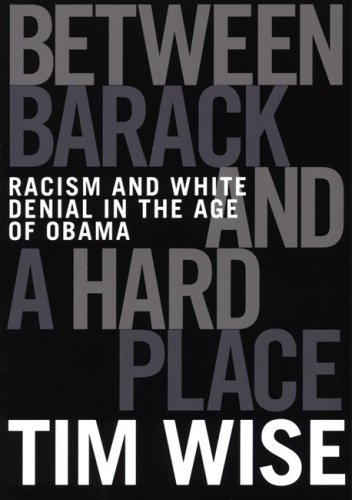http://www.huffingtonpost.com/2010/04/23/bill-oreilly-lane-bryant_n_550279.htmlSo I was perusing Huffington Post as I do from time to time and I came across this segment from Papa Bear Bill O'Reilly about the Lane Bryant Plus-size lingerie ad controversy. I had no idea what this was all about, but I was intrigued (and not just by the provocative picture they had above the story). Evidently ABC would not air this ad during the 8pm family hour because they felt it was too riskay for the youth to be seeing. They were going to air it at 9 after the kiddies had gone to bed, though. Two pundits agreed with decision on O'Reilly factor, which is fair enough. But wait second...you know who gets to air their ads during that time slot? Victoria Secret. When asked why it was okay for Victoria Secret to air their ads, Fox & Friends Anchor, Gretchen Carlson said, ""Here's the thing--with plus-size models, you're going to get more
cleavage. They're plus-size!...It's going to appear to be a little bit
more over the line because you're getting more."I literally said wtf to my computer (the full thing not just the letters).
I'm going to break this down for you. Has anyone ever seen a
Victoria's Secret catalog or a store, or a
commercial I'm pretty sure that there is plenty of cleavage in all of those things. In fact, I'm pretty sure they don't hire models who don't have cleavage. Furthermore, I'm pretty sure, though I'm surely not an expert, that Victoria Secret makes bras that accentuate cleavage. Gretchen your complaining about the plus-size woman's natural cleavage when Victoria secret is selling products, as modeled by women in their commercials, specifically designed to mimic the exact same thing. Yes, that's right, your points are not logical.
There is obviously a double standard here beyond Gretchen's logic. We're okay with showing children Victoria secret commercials because they are consistent with society's view of what women in this country
should be like. Airbrushed in angel wings and underwear with long legs, perfect skin, and perky boobs. Sure we can show that to our children because they already see it everywhere. The TV shows that are on during prime time play to the same theme (Desperate Housewives 8pm Sunday anyone?).
Commercials, music videos, billboards, movies, etc all are in accord with this. It is our duty to socialize our children to have this image of beauty in their heads as they grow up. It is a message that Victoria Secret can convey, but Lane Bryant cannot. Just as it is a message that Megan Fox can convey but Gabourey Sidibe cannot.
Too much cleavage is not the reason. Cleavage is just fine when it is on a skinny woman. In my estimation, this ad punctured some schemas held by the executives at ABC. 'Wow, here are ladies who are not super thin models, but yet they are sexy underwear? Gee whiz, we got so used to looking at the exact same thing in a smaller size, it is as if we are taking note for the first time that this is somewhat provocative. Have we been objectifying the women in the Victoria Secret ads to the point where we've become desensitized to their actual personhood? This lingerie ad is making us restructure our schemas about lingerie models and it is dreadfully uncomfortable. We are becoming conscious of their womanhood. Sexuality, femininity and self-confidence, oh my! Darn it all, this is much too scandalous for the family hour. The masses don't want to be troubled with such personalization of woman sexuality. How will parents explain this to their children!? Give them Victoria Secret. It's much easier for mommy and daddy to say to their little girls and boys 'oh those aren't really women, they're just objects of America's lust for beauty'.
So yes, I actually think it was a matter of too much cleavage. No, not the cleavage accentuated by sexy lingerie, but rather the cleavage of a worldview, from comfortable objectification into uncomfortable personalization.






Recent Comments